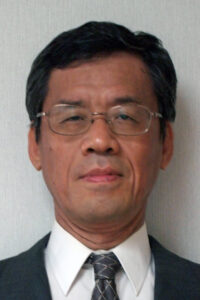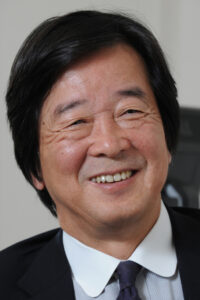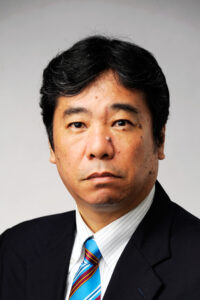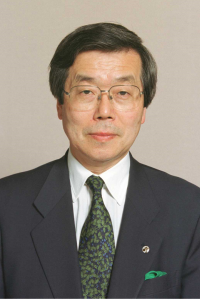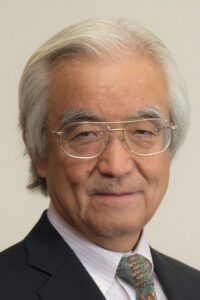
The rise of digital currencies, including Bitcoin, causes us to predict the arrival of a new era. This is because the technology of blockchain, which constitutes the foundation of many digital currencies, is likely to prompt the emergence of completely new systems for investments and settlements of capital. However, it is undeniable that many of these systems still involve problems. Particularly alarming is capital procurement known as Initial Coin Offering (ICO), which uses the function of digital currencies called Ethereum. I will not provide a detailed explanation of what ICO is. But suppose that there is an imaginary ledger that is shared on the Internet using blockchain technology, and that the relationships of many rights and contract items are described there. Suppose that the rights corresponding to currencies are written there. In this situation, it would be possible to automatically move currency-based values in ... ... [Read more]
